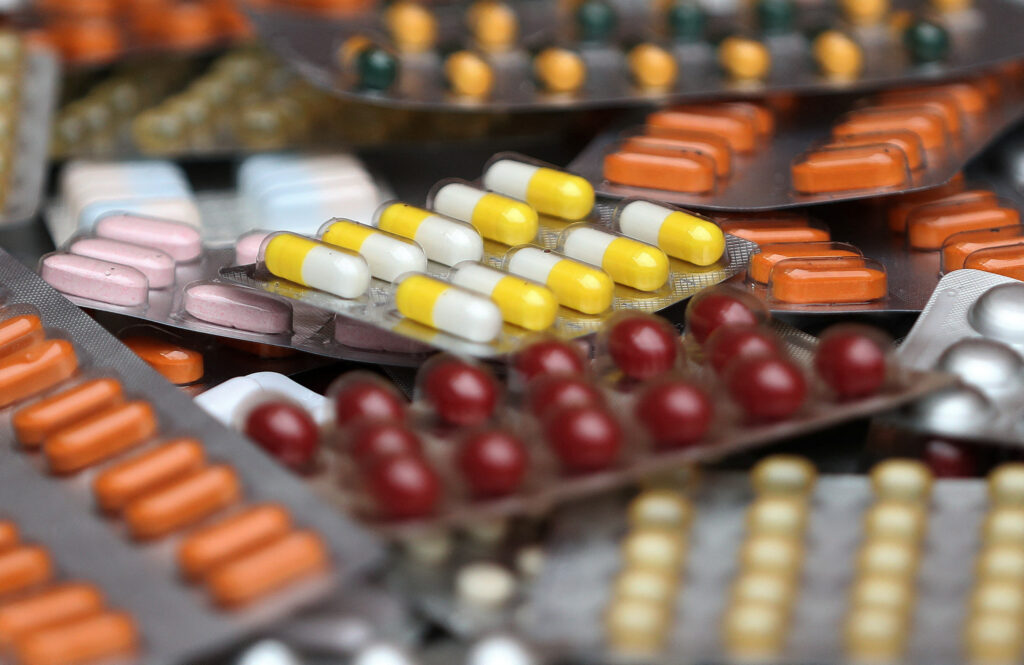Rita Dennis, 25, is an asthmatic patient who relies on drugs for her survival. She takes drugs daily and others once in week, and now the rising prices of drugs have led to her being unable to get these drugs and inhalers timely, posing a danger to her health. Rita’s life and daily health are being affected because of this increase.
“ Recently I can’t even afford to get drugs or an inhaler because of the hike in price, inhalers were sold for #3000 to #5000 last year in January but now an inhaler is about #15000-#17000 which is not fair. Drugs too are expensive, now it’s affecting my daily life and health. I can’t take my drugs daily again cause I don’t want it to finish on time, cause I can’t afford to buy drugs weekly anymore.
“ I have to avoid certain things, my business is slowly dying cause I can’t overstress myself so I don’t have an attack or get admitted to the hospital. It’s crazy even giving ventolin in the hospital now is expensive.” she lamented.
This represents the current economic reality that presents a challenge to the health of citizens. Like Dennis, millions of Nigerians are facing difficulties in affording essential medication for their well-being.
Wrong Time To Fall Sick In Nigeria
According to WellaHealth, a health organization, the economy has greatly affected medicine prices. The organization noted that exchange rates, inflation, and pharmaceutical companies leaving have caused a storm, impacting antihypertensives, antibiotics, antimalarials, painkillers, and common cold medicines, making essential medications hard to find and difficult to afford for many Nigerians.
Findings from a recent survey by SB Morgen showed that over the last four years, the prices of different categories of paracetamol-based analgesics, and common cold medicines, such as Actifed, antibiotics, and antimalarials, rose dramatically. The report found that between 2022 and 2023, Ampiclox and Amoxil recorded 340 percent and over 400 percent increases respectively, while antimalarials such as Lonart DS recorded cost and selling price increases of 110 percent and 92.3 percent respectively between 2019 and 2023.
Also, Data from the Global Cancer Observatory show that over 100,000 new cancer cases are diagnosed annually in Nigeria, yet only five percent of those affected can afford treatment. Statistics from the World Health Organisation (WHO), backed by the Nigeria Association of Psychiatrists, reveal that an estimated 20 percent of Nigerians suffer from mental health issues, but access to treatment is severely limited.
These statistics reflect how dangerous the current economy is to the health of Nigerians, especially those who live below the minimum wage.
In response to this situation, the Medical Doctor of Orange Medical Care, Oke Sopen, Dr. Ugwu Nnanna, bemoaned the current state of the economy and noted that it poses a danger to the lives of Nigerians.
“It’s a very bad state we are in, most of these drugs are imported, Nigeria doesn’t manufacture much, because the cost of production is high. It’s not easy, every three months we have to review the cost of our services. For the past 6-7years, the cost of acquiring a card in this hospital was 500 naira initially, then after COVID, it became #1,000, this morning the board said it should be 2,000, and it going to affect every other thing.
“The pharmaceutical company sent us a message this morning saying we are reviewing our prices, this is what you’re going to be paying from now on and if you look at that, some of the prices they are offering us now are higher than what we gave our patient, for instance before now a carton of those drugs might cost you, let say #150000 for 100piece and if it goes to 3500 it means you’re spending 300k to get a carton, what are you going to get back from it” he lamented.
Dr. Ugwu noted that the situation is leading to the inability of sick people to visit the hospital, leading to an increase in deaths.
“Every Nigerian is passing through this, the economy is very bad, we are seeing more cases of people very sick, not able to raise money to come to the hospital, and by the time somebody sees, people wait for people to collapse and they’re dying and then they say let’s rush to the hospital, sometimes you’re getting to the gate and we’re looking at the person laying lifeless,” Dr. Ugwu said.
